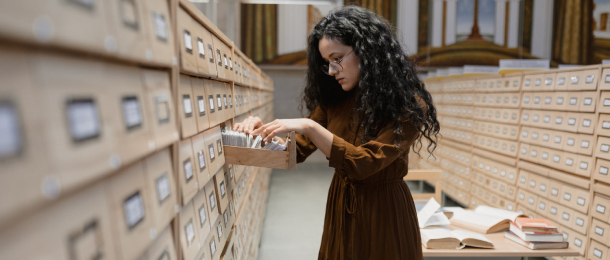A misplaced or lost trust deed can lead to claims the trustees are unable to exercise their obligations or the trust does not exist, potentially unwinding any actions taken by that trust, according to a financial services lawyer.
Townsends Business and Corporate Lawyers principal Peter Townsend said it was common for trust deeds to be misplaced or lost and two recent legal cases have highlighted the problems this creates for those operating under the trust structure.
He pointed out trustees have a responsibility, or equitable duty, to know the terms of any trust they manage, but a failure to produce the deed may be viewed as a failure to carry out that duty.
“Courts have shown little reluctance in concluding that a trustee does not know the specific terms of the trust when the deed has been lost,” Townsend said.
“A fairly recent example can be seen in the case of Jowill Nominees Pty Ltd v Cooper [2021]. The court held that it is very difficult for a trustee to discharge their duty to know and manage the trust when they don’t have a copy of the governing rules of the trust.”
He said this negative view by the courts went further where the trust deed was lost and there was no secondary evidence to support the existence of a deed, which occurred in the case of Mantovani v Vanta Pty Ltd (No 2) [2021].
“By secondary evidence, we mean documents and dealings that clearly showed the identities of the beneficiaries, the property of the trust and the nature of the trust – that is a fixed trust, discretionary trust or an SMSF,” he said.
“The court held that the trust failed due to uncertainty, which means that without the trust deed the terms of the trust, and the parties to the trust, were unknown.”
Following this decision, he noted the court also confirmed a failed trust automatically gives rise to a resulting trust in which the trustee holds assets on trust for the settlor who had established the trust and those assets return to the settlor rather than the beneficiaries.
“This wouldn’t be a problem if the settlor still wanted to establish a trust with that property for the beneficiaries, but if the settlor had passed away, for example, then that property would go into their estate and be dealt with by the executor,” he said.
“The importance of safely keeping the original establishment deed of a trust cannot be overstated and yet deeds are lost with surprising regularity. All deeds should be scanned as those electronic copies may be invaluable if the original is misplaced.”




